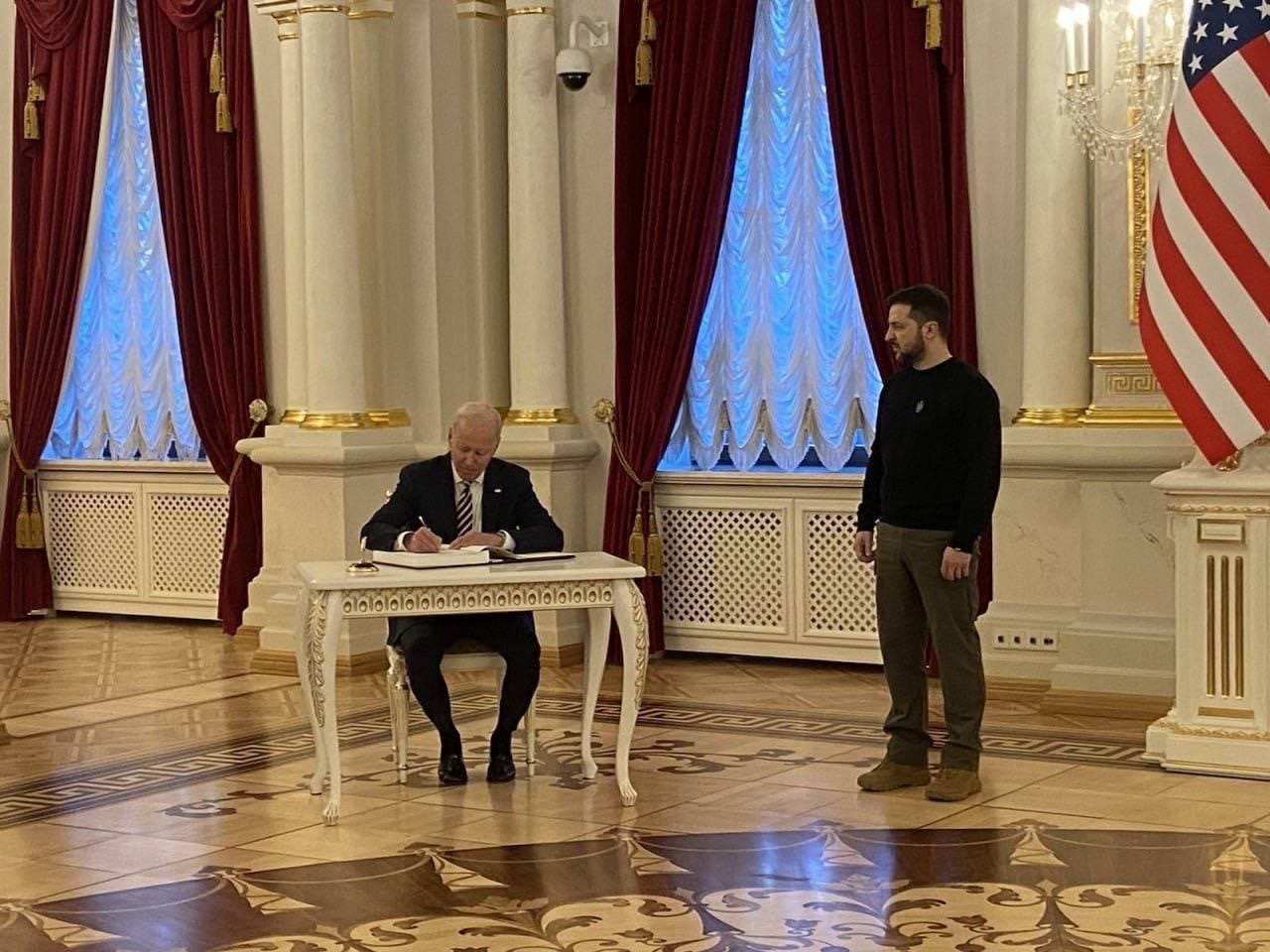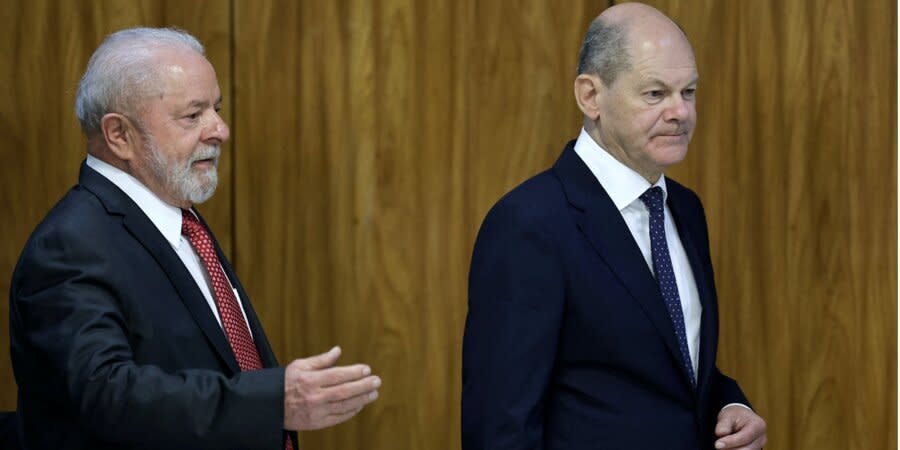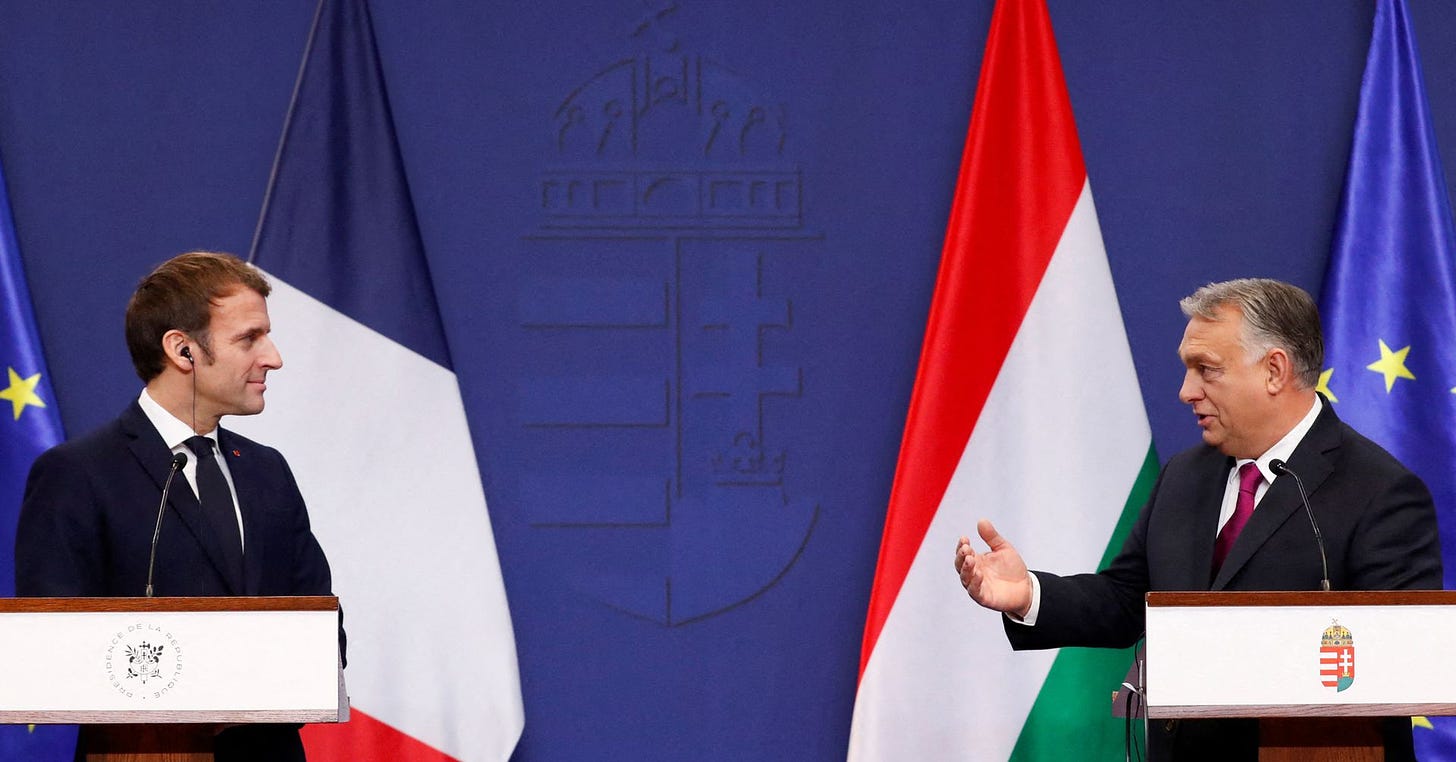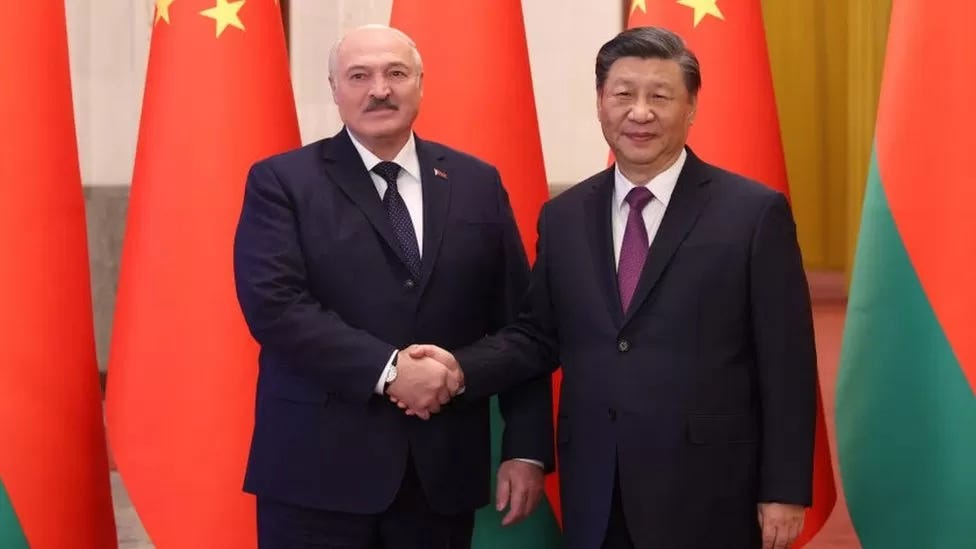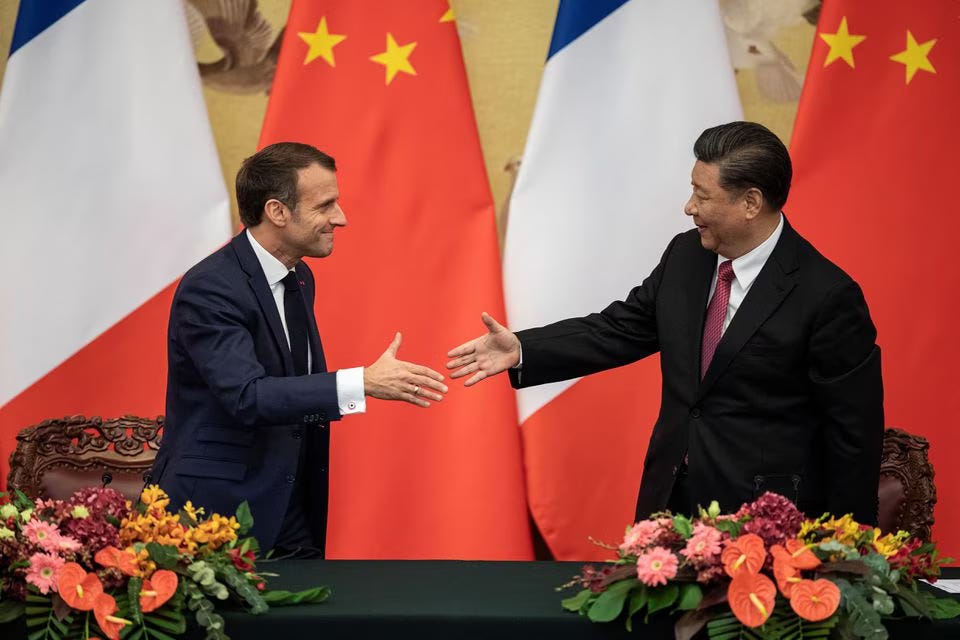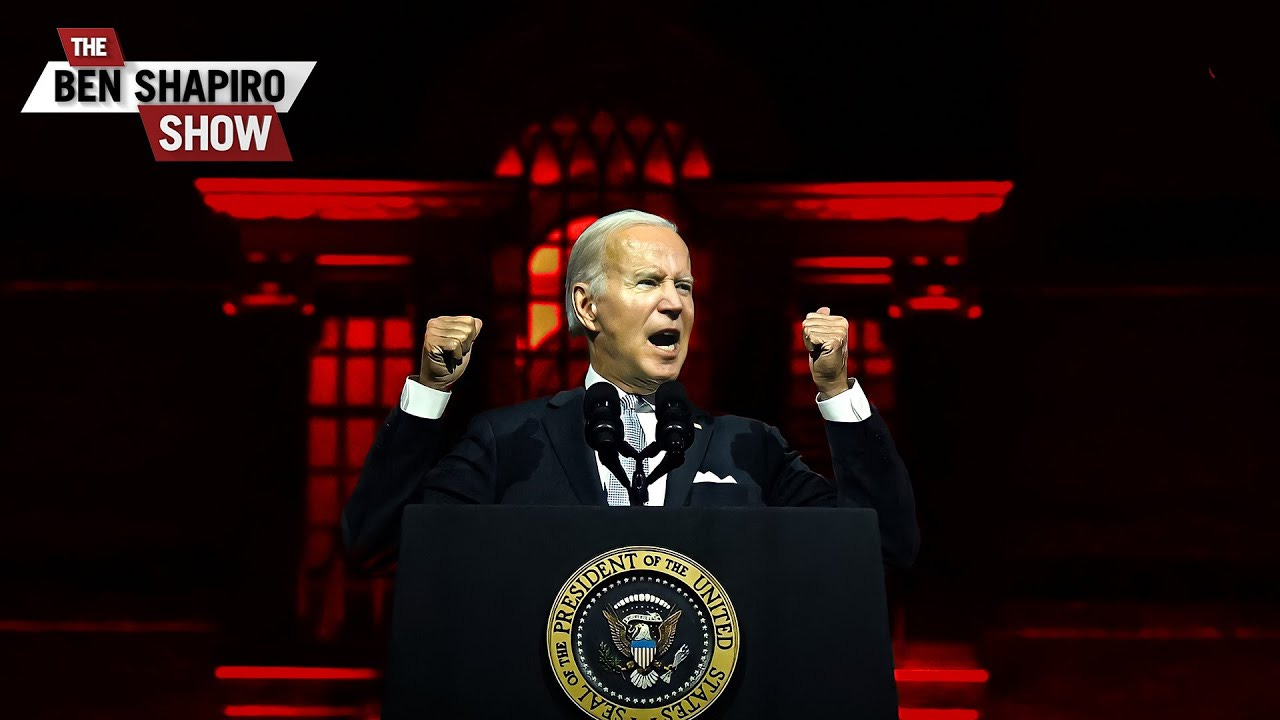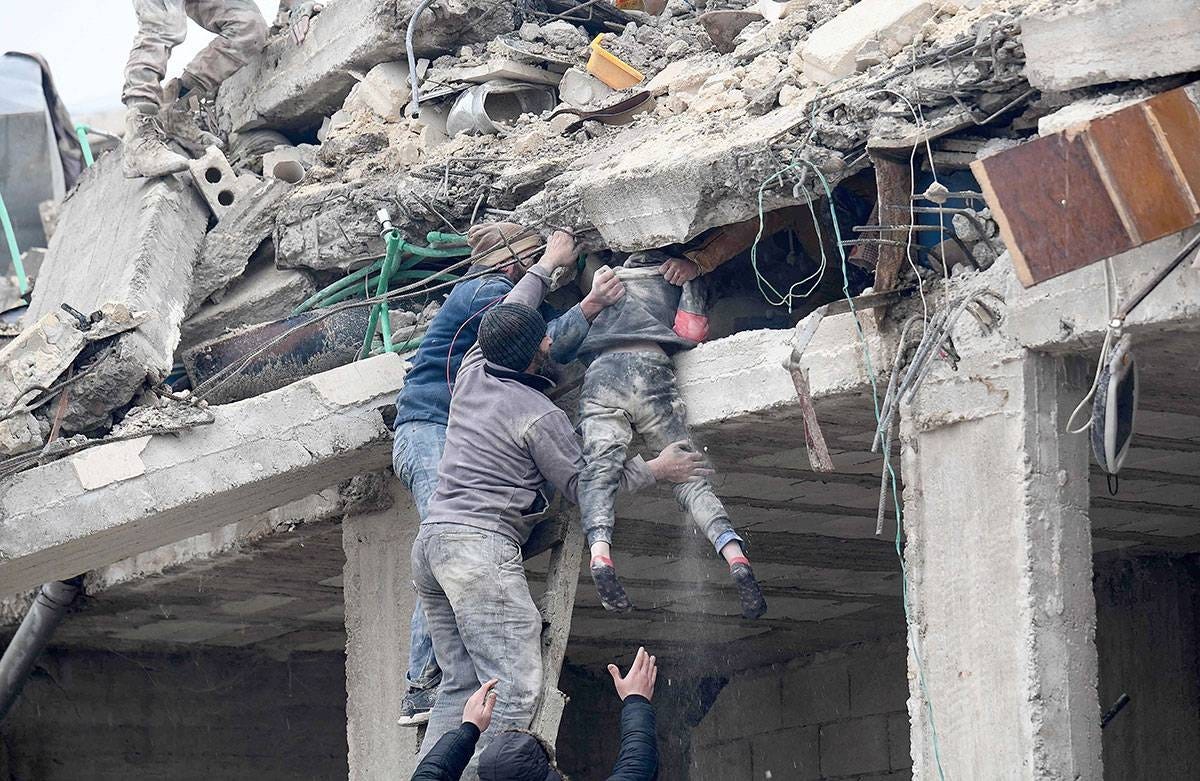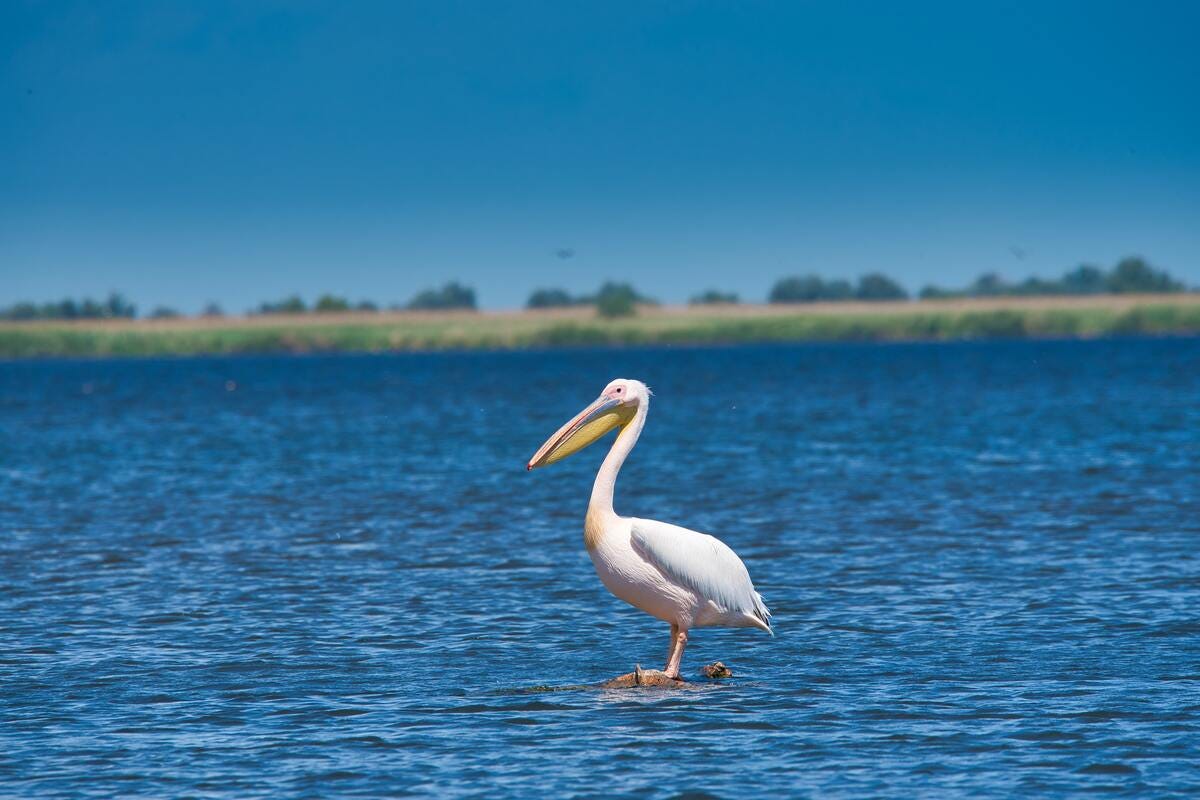Peace Project
Global public opinion is not behind Biden, give peace a chance backed by China, Brazil, India, BRICS and Global South, WHO and catastrophic Syria Earthquake, Ukraine water project disaster
UPDATE: The PEACE project is gathering pace. Led by China, Brazil and India the BRICS countries are using their increased weight in the global system for PEACE while the G7 continues to talk of WAR. The Atlantic magazine runs an article claiming war is the shortest way to peace, Biden and NATO obviously agree, BRICS do not. The global systemic transition is occurring before our eyes, yet, the United States continues to ignore global public opinion arrogantly believing it can still unilaterally set the direction for global peace, politics, economics and society. Another humiliating defeat is in store for Washington.
Global public opinion thinks the Sun has set on Western Empire
A year after Russia’s invasion of Ukraine, there is little doubt the war is a turning point in world history. The conflict has challenged Europeans’ most basic assumptions about their security, brought the spectre of nuclear confrontation back to their continent, and disrupted the global economy, leaving energy and food crises in its wake. Yet while Russia’s aggression is an event of global significance, people in different parts of the world have experienced and interpreted it in diverse ways.
According to a former national security adviser to the prime minister of India, “for many parts of the globe, a year of war in Ukraine has done less to redefine the world order than to set it further adrift, raising new questions about how urgent transnational challenges can be met.”
In contrast to opinion in the West, people in many non-Western countries appear to believe that the post-cold war era is finished. They do not expect the next international order to be characterised by polarisation between two blocs led by the United States and China; instead, they see as more likely a fragmentation into a multipolar world.
The key findings of a new multi-country global poll indicate that, a year since Russia’s war on Ukraine began, the US and its European allies have regained their unity and sense of purpose. But the study also reveals a wide gap between the West and the ‘rest’ when it comes to their desired outcomes for the war and differing understandings of why the US and Europe support Ukraine. The poll took place in December 2022 and January 2023 in nine EU countries and Great Britain, and in China, India, Turkiye, Russia, and the US (the CITRUS countries, to use the shorthand of the University of Oxford’s Europe in a Changing World project).
Its results suggest that Russia’s aggression in Ukraine marks both the consolidation of the West and the emergence of the long-heralded post-Western international order.
Read more here.
Zelensky wants Xi Jinping meeting
Ukrainian President Volodymyr Zelensky has said he plans to meet China's leader Xi Jinping to discuss Beijing's proposals on ending the war in Ukraine. Speaking on the first anniversary of Russia's full-scale invasion, he said the proposal signalled that China was involved in the search for peace. China's plan calls for peace talks and respect for national sovereignty.
The 12-point document does not specifically say that Russia must withdraw its troops from Ukraine, and it also condemns the usage of "unilateral sanctions", in what is seen as a veiled criticism of Ukraine's allies in the West.
The Chinese authorities have so far not publicly responded to Mr Zelensky's call for a summit with Mr Xi.
Meanwhile, Russia hailed the Chinese peace proposals. "We share Beijing's views," the foreign ministry in Moscow said in a statement.
China appears to be siding with Russia, though it would like to find a way of rescuing President Putin by arranging some kind of face-saving peace deal, says the BBC's World Affairs Editor John Simpson.
The Chinese proposals follow a visit by the country's top diplomat Wang Yi to Moscow, where he met President Putin and Foreign Minister Sergei Lavrov on Wednesday.
After the talks, Mr Wang was quoted by China's state-run Xinhua news agency as saying that Beijing was willing to "deepen political trust" and "strengthen strategic coordination" with Moscow.
Read more here.
Lula determined to form Peace Club
Brazilian President Luiz Inácio Lula Da Silva launched Friday through social media a negotiated peace proposal for the one-tear-old war in Ukraine which has consequences the world over.
Lula insisted on his idea to create a group of countries not involved in the conflict to act as a mediator. According to Russian Deputy Foreign Minister Mikhail Galuzin, the government of President Vladimir Putin is reviewing the initiative, Tass reported. The official also highlighted the fact that does not supply weapons and ammunition to Ukraine.
Brazil was the only BRICS country to vote at the United Nations (UN) General Assembly on Thursday in favor of Russia's withdrawal from Ukrainian soil, a motion endorsed by 140 other nations, rejected by 32, and had seven abstentions.
President Lula plans to propose next month the creation of a Peace Club on Ukraine, during his visit to China, it was also reported in Brasilia. Diplomatic sources said there is still a long way to go before the peace negotiations promoted by Lula begin, according to Folha de Sao Paulo.
Brazil's current non-permanent seat on the UN Security Council adds weight to Lula's efforts, it was also explained. The Workers' Party leader is also said to have discussed his approach with US President Joseph Biden during his recent visit to the White House.
According to Folha, Lula is also to talk about this initiative with Ukrainian President Volodymyr Zelensky next week, while other media are less precise about when this conversation might take place. Only after that would Lula raise the issue with his Chinese colleague Xi Jinping. Lula has already reviewed the entire initiative with Foreign Minister Mauro Vieira. Among the countries that could make up Lula's “Peace Club” are China, India, and Indonesia, it was also reported.
Read more here.
Orbán backs China peace plan
Hungarian Prime Minister Viktor Orban has voiced his support for China's 12-point proposal for a political settlement in the Russia-Ukraine crisis issued on Friday, the one-year anniversary of the conflict.
In his opening speech at Parliament's spring session on Monday, Orban said "we need a cease-fire and the start of peace talks".
"I see that most states support peace, and Hungary cannot isolate itself from most of the world.… We consider China's peace plan important, and we support it," he told lawmakers.
Orban, who won a fourth consecutive term in April and is the country's longest-serving prime minister, said his government is concerned about the European Union's efforts to arm Ukraine with tanks and possibly fighter jets. He warned that "the whole of Europe is sliding step by step toward a war".
He called on the lawmakers to advocate for peace. "They want to drag us into this war, but I am calling on you not to yield to provocation," he said.
Orban has expressed his opposition to arms supplies, escalation and sanctions, posting on Twitter: "If the #RussiaUkraineWar goes on, more and more people will die. If the war goes on, the threat of hyperinflation and economic turmoil will continue to haunt us. If the war goes on, it can spread around the world. The solution:#ceasefire #PeaceTalks."
His positive response to China's position stands in contrast to comments from leaders of the United States, NATO and the European Union, who cast doubt on the proposal.
Read more here.
Presidents Xi and Lukashenko "extreme interest" in a peaceful resolution in Ukraine.
Chinese President Xi Jinping and Belarus President Alexander Lukashenko, a close ally of Russia's Vladimir Putin, issued the statement after talks in Beijing. President Lukashenko said his country "fully supports" a Beijing plan for ending the war in Ukraine. China announced a plan for peace talks last week, calling for the respect of national sovereignty. The visit also comes days after China sent its top diplomat Wang Yi to meet Mr Putin.
China and Belarus "expressed deep concern" about the conflict and "extreme interest in the soonest possible establishment of peace in Ukraine", the Belarus state-run news agency Belta reported.
Mr Lukashenko has aided the Russian leader in his war in Ukraine, and observers have seen his trip to Beijing is another sign of China closing ranks with Russia and its allies. The Belarus leader praised China's peace plan. The 12-point document urges respect for "the sovereignty of all countries". It does not specifically say Russia must withdraw its troops from Ukraine and condemns the usage of "unilateral sanctions", an implicit criticism of Ukraine's Western allies.
Mr Lukashenko said he "fully supports the initiative on international security you have put forward", according to remarks released by his aides. Political decisions "should be aimed at first and foremost preventing a slide into a global confrontation that will see no winners", he told Mr Xi.
Read more here.
Macron to visit China after Beijing's Ukraine peace plan
Macron said Saturday he would visit China in "early April" and urged Beijing to help "put pressure" on Russia to end the war.
"The fact that China is engaging in peace efforts is a good thing," Macron said on the sidelines of an agricultural show in Paris, in reference to the position paper.
Peace was only possible if "Russian aggression was halted, troops withdrawn, and the territorial sovereignty of Ukraine and its people was respected", he added.
China has sought to position itself as a neutral party on the conflict, even as it has maintained close ties with Russia and helped scuttle a joint statement condemning the war at a G20 gathering in India.
It published a 12-point position paper on Friday that called for urgent peace talks and a "political settlement" to end the conflict.
Ukrainian President Volodymyr Zelensky on Friday also expressed hopes to meet Chinese counterpart Xi Jinping, calling it "important for world security".
Read more here.
US Warpath to Peace
American historian believes the shortest path to peace is more war, Biden seems to agree.
Flawed judgments about military history helped fuel bad policy in the run-up to Russia’s invasion of Ukraine and through the conflict’s early phases. Bad historical analogies look to do the same now, in the debate over how to bring this war to some kind of durable termination.
Supporting and arming Ukraine, and accelerating the collapse of the Russian military, is the most realistic way to end the conflict.
One line of argument, advanced by some French and German leaders in recent discussions with Ukrainian President Volodymyr Zelensky, according to The Wall Street Journal, is that sooner or later Russia and Ukraine can reconcile like Germany and France after World War II. (A German government spokesperson later denied the report, but this is hardly a new recommendation.) It is a terrible analogy. Reconciliation may have arrived a couple of decades after the Second World War, but that conflict had ended with the aggressor not merely defeated but devastated. French troops had occupied Germany, including a part of its former capital. Clear borders between the two countries had been established and German society, if not thoroughly de-Nazified, had moved a long way in that direction.
Read full article here.
WHO Director-General's remarks at the media briefing – 1 March 2023
Good afternoon.
The depth of suffering of the Syrian people is difficult to convey.
I have rarely been so disturbed and heartbroken.
The earthquake that struck more than three weeks ago adds unimaginable suffering to people who have already suffered so much over 12 years of war, economic collapse, the COVID-19 pandemic and an ongoing cholera outbreak.
I offer my deepest sorrow to those who have lost their loved ones, their homes, their livelihoods.
I offer my deepest respect and admiration for responders and health workers, many of whom have themselves lost family members.
And I offer my deepest commitment that WHO will continue to support the Syrian people in the days, months and years ahead.
WHO is playing our role in supporting the Syrian people, who have responded incredibly with the little that they have. WHO has been delivering essential medicines, supplies, and equipment for years, as well as on the day the earthquakes struck. And we will do more.
But the people of northwest Syria need the assistance of the international community to recover and rebuild. Even before the earthquake, more than 90% of the Syrian people were living below the poverty line.
Even before the earthquake, needs were increasing, while international aid was decreasing. But we must not close our eyes or turn our backs on the Syrian people. We cannot let this be a forgotten crisis.
I call on the international community – governments, philanthropies and individuals – to dig deep to lift up those who are enduring unimaginable loss, poverty and deprivation.
At the same time, I call on the leaders of both sides of the Syrian conflict to use the shared suffering of this crisis as a platform for peace.
12 years of war has delivered nothing but suffering, division and the destruction of Syria’s proud history and rich culture.
The earthquake must shake all of us to the realisation that we are one humanity, sharing one planet. We have no future but a shared future.
More than ever, the people of Syria need health for peace, and peace for health.
WHO Statement & EMRO Situation Report
The Bystroye Canal: is Ukraine illegally dredging and how is this affecting the Danube Delta?
Located in southeastern Europe, the Danube Delta is one of the most biodiverse regions in the world. The waters of the Danube, which flow into the Black Sea, form the largest and best preserved of Europe’s deltas. The Danube delta hosts over 5,500 species of plants and animals, including several rare and endangered species in its lakes and marshes. However, this unique ecosystem is facing a serious threat from the ecological disaster of the Bystroye Canal!
The Danube Delta has been a UNESCO World Heritage Site since 1991, and, The European Union has repeatedly asked Ukraine to halt the project, as have Romania and the United States. The Worldwide Fund for Nature has said the canal threatens the delta’s most important wetland, where 70 percent of the world’s white pelicans and 50 percent of pygmy cormorants live. The Deepwater Navigation Course “Danube – Black Sea”, is a deep-water canal in the Danube Delta that runs through the Delta’s distributaries Chilia, Old Istambul and “Bystroe” or “Bystre”. Through most of its length, it coincides with the Romania-Ukraine border that stretches along the Danube. The canal is served by the Ukrainian state company Ukrainian Sea Ports Authority and its piloting services branch Delta Lotsman. A portion of the canal, Bystroe, which stretches through the territory of Ukraine, rather than along the main course, raised concerns in Romania and emphasised ecological issues!
Read more here.





